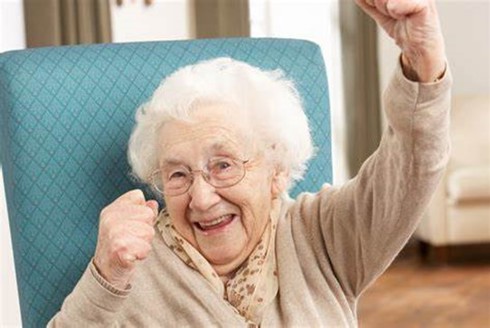Five habits to keep your brain healthy, according to experts
06/03/2024

You may not be able to turn back time, but there are steps that you can take to keep your brain young – here’s what science has to say.
Quality sleep
“During sleep, the memories of the day are sorted out and placed in the right place for us to access in the future,” Dr Zaldy Tan, director of the Memory and Healthy Ageing Program at Cedars-Sinai Health System, said.
“[Also] beta-amyloid, the sticky protein that wreaks havoc on the brains of people with Alzheimer’s, is cleared during sleep. When sleep is too short or of poor quality … these processes are interrupted.”
To achieve quality sleep, it’s a good idea to limit alcohol in the evening, avoid caffeine after 2pm and reduce their exposure to blue light such as from their phone. It’s also good to have a consistent bedtime routine, which sets you up for sleep.
Social interaction
Loneliness is well-known for its impact on physical and mental health. By keeping social, a person’s brain stays active, and this can reduce the risk of developing chronic brain conditions.
“Every time we meet someone new.... we make a new connection within our brain between brain cells,” Dr Tan said.
He said there is a strong correlation between having an active social circle and a reduction in dementia risk. Staying social at any age has major health benefits, which become more important as people age.
Get physical
Regular physical activity is crucial for brain health as it improves cognitive functions such as memory and problem-solving. Exercise also reduces stress hormones which have been linked to cognitive decline.
The Australian Government Department of Health and Aged Care recommends people aged 65 and over undertake at least 30 minutes of moderate intensity physical activity on most, preferably all, days.
If you find 30 minutes difficult at the beginning, start with just 10 minutes once or twice a day. After two weeks, increase to 15 minutes twice a day.
Over the course of the week, try to incorporate different types of activities. These could include brisk walking, swimming, golf with no cart, aerobics or water aerobics, cycling, yard and garden work, tennis and mopping and vacuuming.
People aged over 65 should also do strengthening activities that work all the major muscle groups; flexibility activities and balancing activities.
For more information, click HERE.
Eat well
A Mediterranean-style diet, which features limited red meat and plenty of whole grains, vegetables, fruit, legumes, healthy fats, and fish has been shown to promote brain health.
Diets high in saturated fats and sugars have been shown to damage people's brains and contribute to chronic conditions which can be life-threatening.
Learn new things
If people over 65 keep their mind active, but only by doing the same thing repeatedly, they are missing a trick.
Dr Glen Finney, a fellow of the American Academy of Neurology and director of the Memory and Cognition Program at Geisinger Health, said: “If you say, ‘I’m no longer a kid anymore. I’m not going to worry about learning anything’...[That] actually can sabotage your brain health and lead to premature brain ageing.
“You should always be expanding your mental horizons. If you’ve never taken a musical instrument, learn a musical instrument. If you’ve never read a foreign language, learn a foreign language.”














